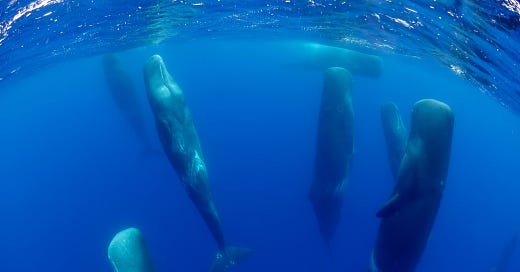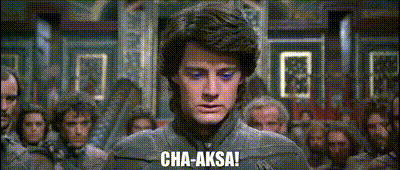A Season in Hell is a series of journal entries I wrote in 2022-23 chronicling the last few torturous months I spent working on my novel The Bright Sword. If you want to take it from the top, start here.
January 27
I notice that I’ve stopped checking in with other writers’ books before I start writing for the day. I don’t need them anymore, I’ve reached the point in the project—only seven years in!—where I actually know what I want to say and how I want to say it. I no longer need the weirding module.
January 29
Today I had an idea for my book while I was driving to the beach with my family, so when we got there I unloaded the beach things from the hatchback, then I sat on the tailgate and took out my phone and started writing myself a note.
The next thing I knew I’d dropped my phone, my eyes were watering and I was seeing stars. My son, 10, wanting to be helpful, had tried to shut the hatchback and hadn’t noticed that my head was in the way.
I swore at him. He started to cry. I comforted him. I forgot the idea I was trying to write. Life went on.
February 5
It’s quite isolating working on a novel, not just because the work is done alone, but even more because it never really goes away. It’s like how whales never sleep, they just divide their mind in two, and one half sleeps while the other half keeps on swimming and breathing and chomping on giant squid. The mind of the working novelist splits too: whatever you’re doing, making dinner, playing tennis, even it’s something you love, with people you love, some small part of your brain is still churning away in another reality, trapped in the Otherworld, it’s like your mental hardware is very slowly rendering some complicated graphic, trying a different sentence here, a different plot twist there, turning over a moment so it reveals some new facet you hadn’t thought of, that will make such and such a character feel such and such a new way, or call back to some other moment earlier on (or wait, you cut that moment — maybe put back?)
While one part of you is here, in the real world, another part is up in the lonely mountains, or down in the depths with the whales, or floating in space—big Major Tom and/or Rocket Man energy. Sometimes you don’t even know you’re doing it, but then your brain bings like a toaster oven and spits out some useful result, and you realize you’ve never stopped working, and you have to race to find a piece of paper or your phone and write it down before you fumble it away and forget it.
It’s not that you couldn’t share what you’re going through with your family and friends. Of course you could. It’s not like it’s that special or ineffable or anything. The trouble is that after a while—a fairly short while—your loved ones do not want you to share the details of your creative struggle anymore. I could get away with talking about it in the early stages, when it was all still fresh and untrammeled and vaguely interesting. But I’ve long since trammeled it and now nobody wants to hear me whine anymore about how hard it is to make up stories about King Arthur for a living.
So I leave it in the mountains. Or I tell it to the other whales. Or to you, dear diary.







I kind of forgot until you addressed the diary that this was not a fictionalized retelling of what it was like to write TBS! Your journal entries are beautiful.